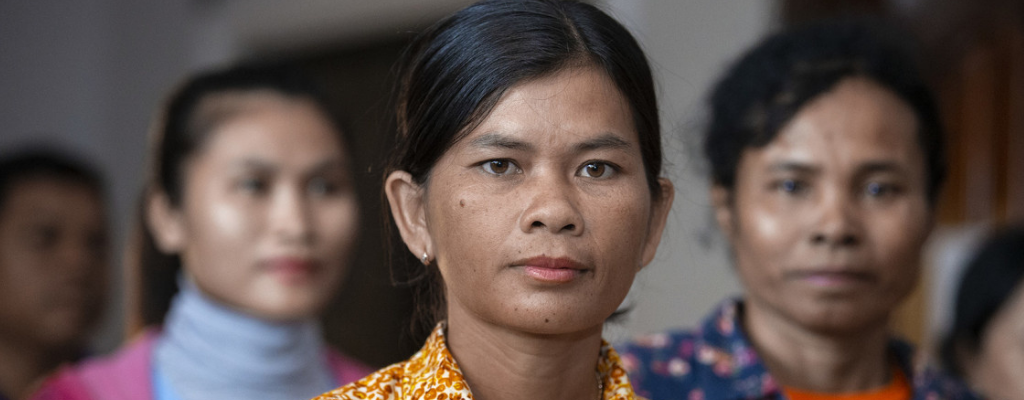
Feminist Foreign Policy
Explore evidence on global feminist foreign policies.
Australian Feminist Foreign Policy analysis of Gender Equality Strategy
AFFPC’s submission on the International Gender Equality Strategy centred around a call for Australia to take an explicitly feminist approach and made a series of recommendations for how such an approach could be brought to life through practical steps. In this Issues Paper, we have evaluated the extent to which the strategy has responded to…
A Feminist Foreign Policy Approach to Counter-terrorism
This brief explores what a feminist foreign policy approach to counter-terrorism might look like. A key role of foreign policy is to ensure a state’s national security. However, the field of national security in most countries is deeply gendered.
A Decade of Feminist Foreign Policy: Changing trajectories of adoption and accountability over time (2024)
Ten years ago, Sweden announced the world’s first Feminist Foreign Policy (FFP. Since then, a further 14 governments have also committed to this approach which promises transformational change in how we think about foreign policy.
Trajectories towards Feminist Foreign Policy Research update (Consultation Draft)
In 2021, IWDA published From Seeds to Roots: Trajectories towards feminist foreign policy, looking at 5 early adopters of FFP (Sweden, France, Canada, Mexico and UK Labour’s commitment to a feminist aid policy). Since then, 10 additional countries have made a formal committed to FFP, with nearly half in the Majority World. At the same…
Transitional justice and women’s representation in peace building: Myanmar and the case for Feminist Foreign Policy
February 2024 marked three years since the start of the military coup which ignited Myanmar’s Spring Revolution. For the first time in the nation’s history, women have been at the forefront of the resistance, making up over 60 percent of the resistance movement.
AFFPC Submission on the new International Gender Equality Strategy
The Australian Feminist Foreign Policy Coalition (AFFPC) welcomes the opportunity to contribute to the development of a new International Gender Equality Strategy.
Challenges for Feminist-Informed Foreign Policy: Militarisation and Australia’s engagements via AUKUS and NATO
In this AFFPC Issues Paper, we explore the contradictions and tensions that emerge in the framing of national security threats and whether there are opportunities for more inclusive peace and security as promoted by the principles of feminist-informed foreign policy. For example, amidst this focus on militarisation, when the Australian Labor Party (led by Prime…
Who will Bell the Cat – Building Feminist Foreign Policy Routes to Facilitate Nuclear Disarmament
In this Issue Paper, Founder and Head of Policy Analysis and Training at The Gender Security Project Kirthi Jayakumar explores how a feminist foreign policy approach can challenge the military industrial complex and be transformative in calling for the end of proliferation of nuclear weapons globally. Within this, she outlines the role Australia – as…
AFFPC Submission on the new International Gender Equality Strategy
This AFFPC submission outlines the case for Australia to name a feminist approach to its work to advance gender equality through the International Gender Strategy.
Gender Apartheid in Iran: Foreign Policy Responses
Professor Jacqui True, Dr Amir Ahmadi and Professor Alison Ross call for all states to implement practical foreign policy options, including codify gender apartheid as a crime against humanity through resolutions of the UN General Assembly and other multilateral bodies, as tools to to hold the Islamic Republic accountable for crimes against women.